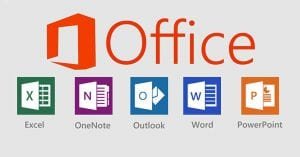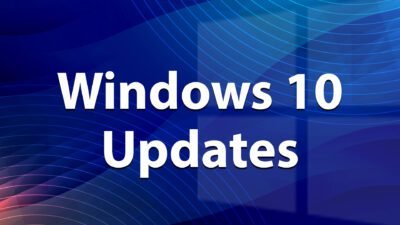The most important features of fleet management technology

Keeping track of a fleet comes with challenges, whether it’s a small fleet of delivery cars or a nationwide transportation solutions company. Where a simple logbook and company credit card would suffice in the past, fleet management solutions have taken a highly technical turn recently.
Rising costs in transportation, as well as maintenance, have forced fleets to explore ways that can keep them profitable while improving the driver’s experience and enhancing safety. These aspects of fleet management design have contributed to those goals.
Fuel management
In the US, the retail price of diesel has risen more than 40% year over year. The demand for transporting goods or providing services has rebounded over that time, but consumers aren’t willing or able to absorb the associated cost increases.
Instead, fleet management technology trends have helped fleet managers to reduce fuel consumption in a few ways. First, route planning reduces fuel consumption for realized savings per mile. Next, monitoring fuel usage discourages unnecessary idling. And connected vehicles have fuel levels monitored in real time, so third-party fuel theft can be discovered or prevented.
Driver behavior detection
Nearly one million accidents annually are caused by distracted driving in the United States, and professional drivers make up a portion of that statistic. It can be difficult to quantify the effect of a driver’s habits. However, AI technology can monitor and qualify their behavior, detecting when a driver isn’t meeting expectations at the wheel.
Driver behaviors are monitored by in-vehicle cameras that watch for fatigue and attention on the road, and offenses like speeding or un-signaled lane departures are recorded also. With connected car tech ove the IoT, these concerns can be relayed to the fleet manager so corrective actions can be taken. It’s a component in high demand for developers like Star design.
Maintenance and repair planning
Unplanned repairs or maintenance downtime that hasn’t been proactively scheduled can not only reduce productivity for that vehicle but cost driver hours or days in wages. An efficient fleet management solution encompasses maintenance planning. Along with routine services, it can predict when components are reaching their lifecycle end so they can be inspected and proactively replaced if necessary.
Vehicle tracking
Vehicle tracking systems have been employed by fleet management for years now. However, today’s fleet tracking serves more than just a supervisory role, identifying a driver’s current location. These telematics systems are a crux in automotive & mobility solutions that are used for geofencing alerts, route optimization and dispatching, arrival prediction, and turn-by-turn directions. It’s an indispensable component when fleet management technology is required.
Digital documentation
Documentation encompasses a wide range of potential needs. A driver’s logbook, load numbers, proof of delivery, client signatures, and fuel tracking are all possible data entry points. Consolidating all of these documents into a digital solution saves the driver time and organizes it for fleet managers, all while being available in real-time, as soon as it’s uploaded.
Full integration
Drivers and fleet managers are often inundated with ‘solutions’ that aim to improve time management, productivity, fuel efficiency, inspections, and time logging. However, it’s aggravating and seldom well-received if these advancements require additional steps, not fewer.
One of the most important features that fleet management innovations require is the ability to fully integrate. Experts from the Star design team ideate and create solutions that integrate with current systems or can replace them. Rather than adding more work, the technology should improve the driver experience and reduce administrative time while being available in real-time for both driver and fleet manager.
Fleet management technology is ever-growing. Whether you’re developing a new solution with professional technology consulting services or looking for an existing one, these features should be included. As well, solutions should have the capacity for further integrations as the world of transportation grows all the more digital.
Alexia is the author at Research Snipers covering all technology news including Google, Apple, Android, Xiaomi, Huawei, Samsung News, and More.












